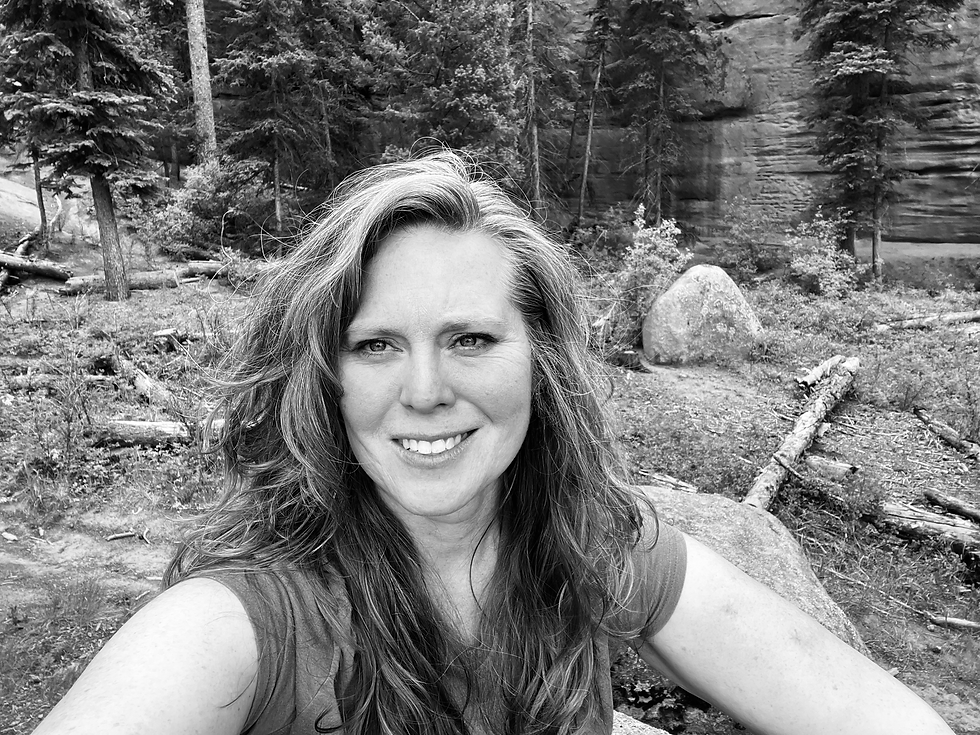If You Feel Stuck, This Is What It Feels Like (And It’s Not Just You)
- mrglhic
- May 18, 2025
- 2 min read

This piece speaks to adults who are quietly stuck in survival—exhausted, shut down, looping through shame—and don’t know why nothing is working. It’s not failure. It’s the nervous system trying to protect you.
Some days you can’t tell if you’re exhausted, frozen, anxious, or just done. Your body won’t move the way you want it to. Your mind loops through all the things you should be doing. You try. And you fail. And you try again. And you hate yourself a little more each time.
Everything looks fine from the outside—but inside, it feels like your whole system is stuck in glue.
It’s not just you.
What you’re feeling might not be laziness or depression or lack of discipline. It might be a nervous system that’s been in survival mode for so long it doesn’t know how to do anything else.
Maybe it started in childhood. Maybe it started after a trauma or illness or relationship that slowly wore you down. Maybe you can’t even name where it began.
But here you are. And you’re tired of feeling like your body is failing you.
This is what survival mode feels like when it becomes chronic:
You can’t take a deep breath—no matter how much you try
You overanalyze everything but can’t feel anything clearly
You startle easily, or feel numb, or bounce between the two
You get stuck in overplanning or total inertia
You’re constantly trying to “fix” your life—but nothing ever lands
You either isolate or get overwhelmed by people—but neither feels good
You try calming techniques, but they don’t reach you
You feel shame about how long it’s been like this
This is what it feels like when your body is still waiting for the threat to pass.
You’re not weak. You’re not crazy. You’re dysregulated.
When you’ve been in core withdrawal or sympathetic overdrive for too long, the whole system adapts around it. Your breath adapts. Your digestion adapts. Your posture, your voice, your thoughts, your relationships—they all adapt.
Until eventually, your life becomes shaped around the very thing that’s keeping you from living.
And that’s what stuck really is: Your system has forgotten what safety feels like. So everything—even joy, change, movement—feels threatening.
Healing doesn’t start by pushing through. It starts by listening differently.
Not to your mind. Not to your to-do list. To your breath. To your ribs. To your jaw. To the way your body holds in silence when no one is watching.
You don’t have to fix everything. You don’t have to perform healing. You just have to notice the part of you that’s still bracing—and begin to offer it something new: gentleness, curiosity, permission to slow down.
You’re not stuck because you’re failing. You’re stuck because your body has been trying to protect you for a very long time.
And it might not feel like it yet, but this too can begin to soften.
Even now. Even here. Even with everything.


